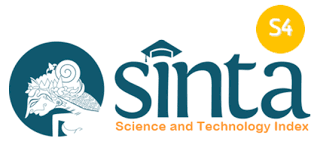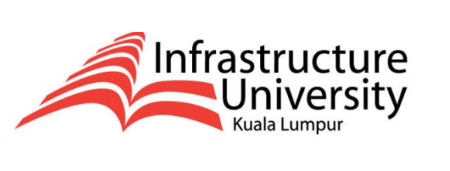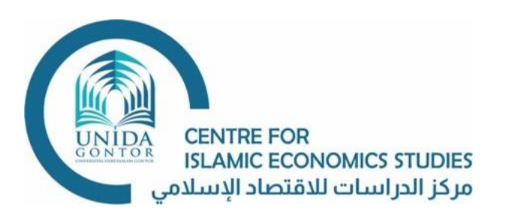Standar Akuntansi dalam Pengelolaan Zakat: Membangun Sistem Keuangan yang Transparan dan Akuntabel di era Digital
DOI:
https://doi.org/10.21154/joipad.v4i2.10066Abstract
Muslims are required to pay zakat in order to cleanse riches and aid others. One of the budgetary tools used to combat poverty and economic inequality is zakat. But despite having a majority of Muslims, Indonesia still receives less money from zakat than from taxes. This is due to the fact that, in contrast to necessary taxes, Indonesia follows an obligatory system that is voluntary. Furthermore, because zakat administrators don't report, the low degree of public trust results in less zakat acceptance. This research approach makes use of literature study, a technique for gathering data that involves comprehending and examining hypotheses from relevant literature, including books, journals, and other data sources. The preliminary study's findings show that there are accounting standards in the management of zakat regulated by PSAK 109, including the Statement of Financial Position, Statement of Changes in Funds, and Statement of Cash Flows. Secondly, there is a need for periodic publication of reports by zakat institutions to enhance public trust, and thirdly, BAZNAZ has an application to support financial reports based on an integrated system called the Baznaz Management Information System (SIMBA).
Downloads
Published
Issue
Section
License
Copyright (c) 2025 Candra Febrilyantri

This work is licensed under a Creative Commons Attribution-NonCommercial 4.0 International License.
JOIPAD: Journal of Islamic Philanthropy and Disaster allow the author(s) to hold the copyright without restrictions and allow the author(s) to retain publishing rights without restrictions, also the owner of the commercial rights to the article is the author.









